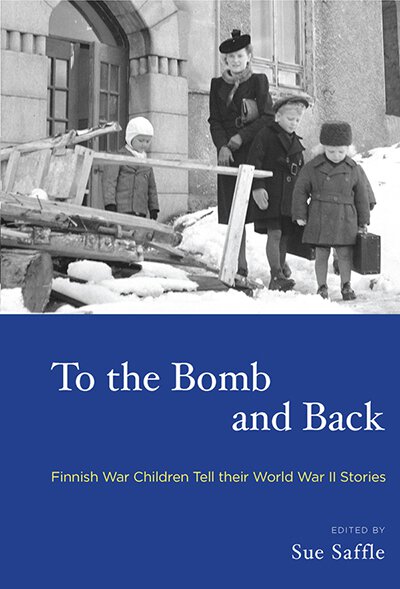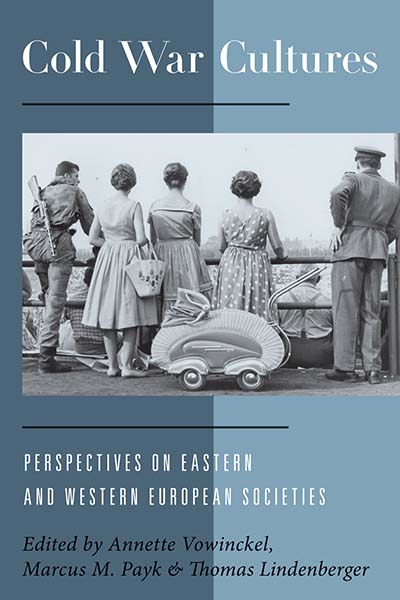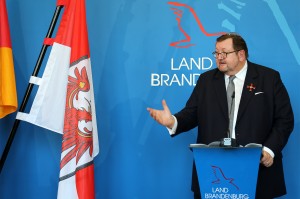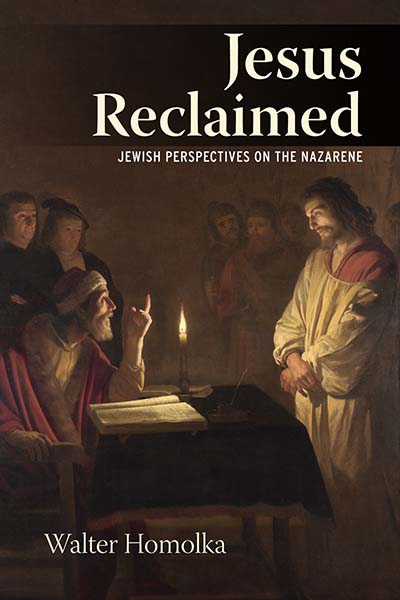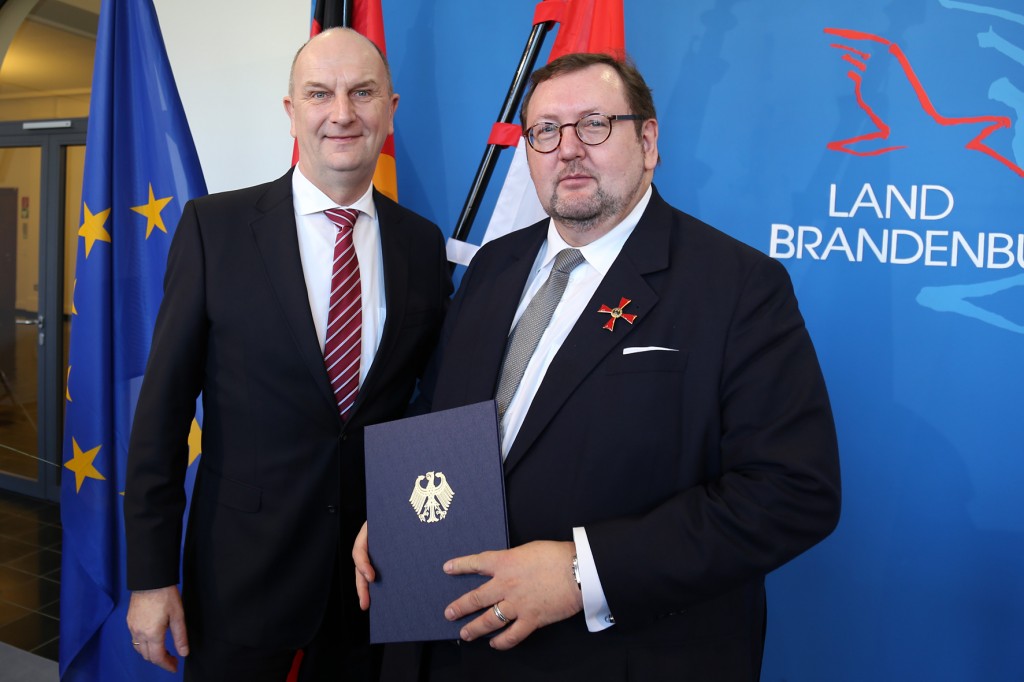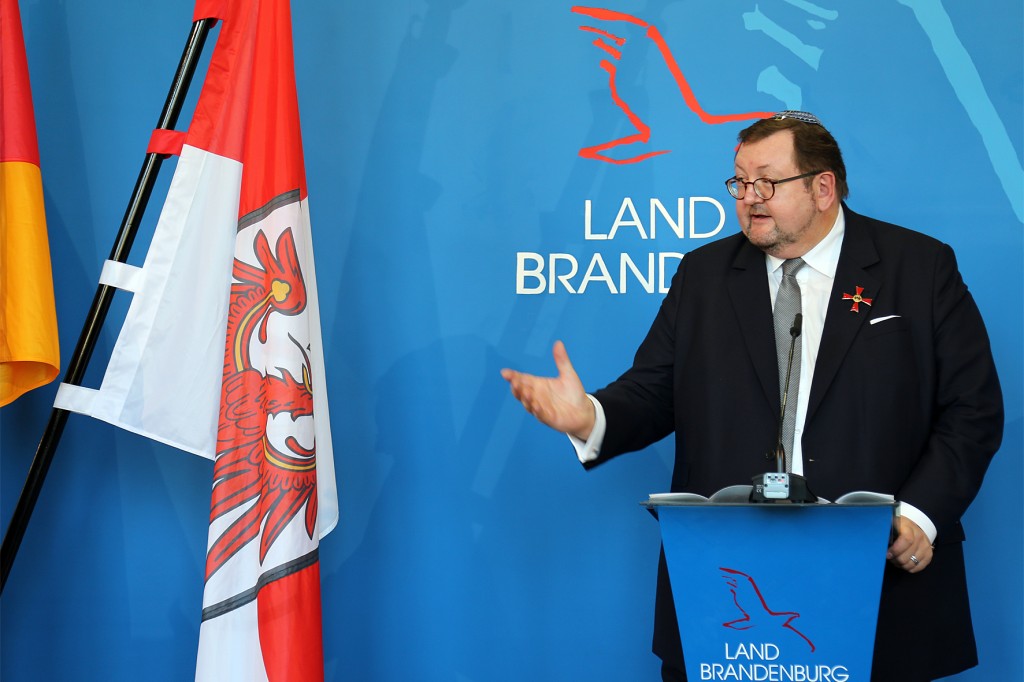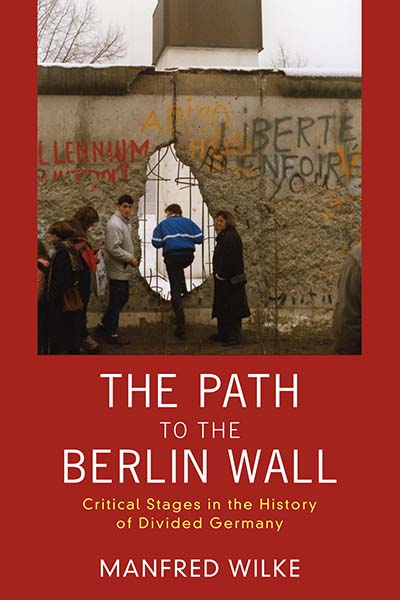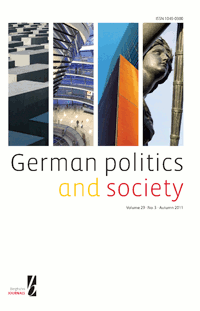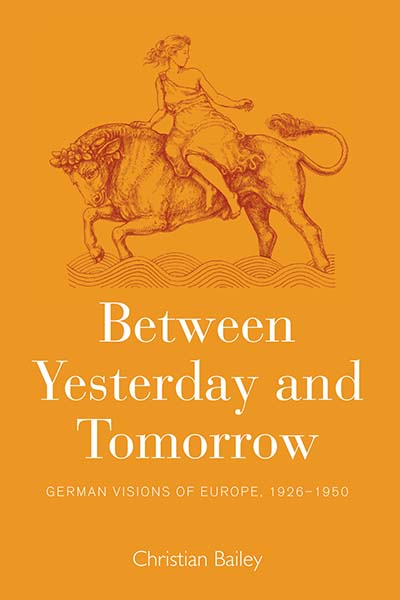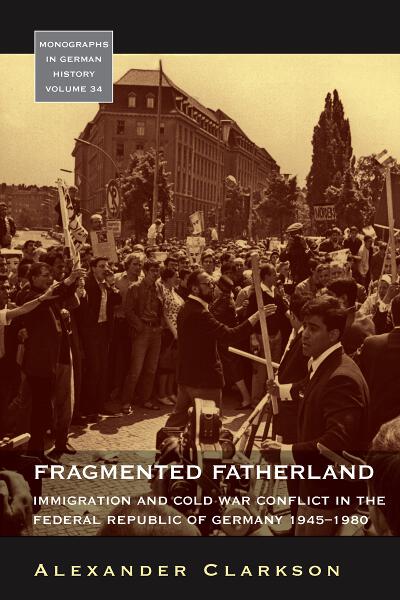We are delighted to inform you that we will be attending the annual German Studies Association conference in Washington D.C., on October 1-4, 2015. Please stop by our stand to browse our latest selection of books at discounted prices & pick up some free journal samples. If you are unable to attend, we would like to provide you with a special discount offer. For the next 30 days, receive a 25% discount on all German Studies titles found on our website. At checkout, simply enter the discount code GSA15.
We hope to see you in Washington D.C.!
_________________________________________________________________________
Here is a preview of some of our newest releases on display:
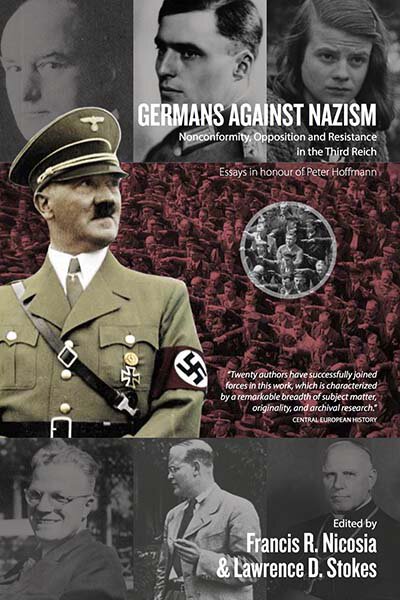 GERMANS AGAINST NAZISM
GERMANS AGAINST NAZISM
Nonconformity, Opposition and Resistance in the Third Reich: Essays in Honour of Peter Hoffmann
Edited by Francis R. Nicosia and Lawrence D. Stokes†
New and Revised Paperback Edition
Continue reading “Berghahn Books at the GSA 2015 Conference!”

